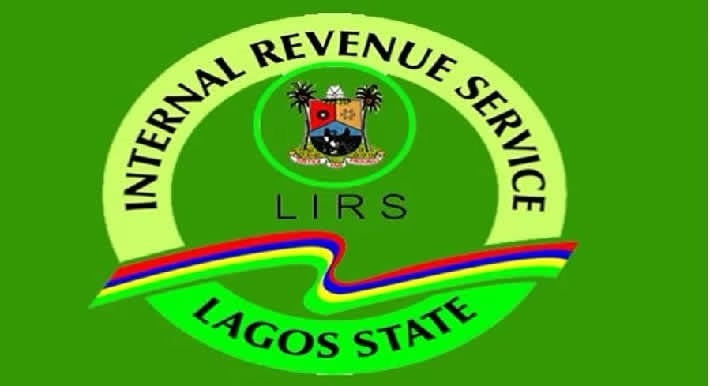The Lagos State Internal Revenue Service (LIRS) has announced that parents or guardians of students seeking to benefit from the state’s free West African Examinations Council (WAEC) exams must present a valid tax certificate. The agency stated that this requirement is part of efforts to ensure tax compliance and generate revenue for public services, including education.
In a statement released by LIRS, the agency emphasized that the initiative aligns with the government’s policy of linking tax payments to public benefits. “Every resident has a duty to pay their taxes, and this requirement ensures that those benefiting from government-funded programs contribute their fair share,” the statement read. It further noted that tax revenue plays a crucial role in sustaining free education programs and other social services.
However, the decision has sparked mixed reactions among residents. While some citizens support the move as a means of promoting tax accountability, others argue that it could unfairly disadvantage students from low-income families whose parents may not have formal tax records. Critics have called on the government to provide alternative options for those who may struggle to meet the new requirement.
Education stakeholders have also weighed in on the matter, with some school administrators expressing concerns about the possible impact on students. “Many families are already facing financial hardships, and adding this requirement could discourage students from registering for the exams,” said a public school principal who preferred to remain anonymous. Others, however, believe the policy could encourage more people to formalize their tax status.
As the debate continues, LIRS has urged parents to ensure compliance to avoid last-minute challenges. The agency also assured the public that it would provide guidelines on how those without tax certificates could rectify their status. Meanwhile, advocacy groups have called on the government to consider a more flexible approach to ensure that no student is denied access to education due to financial constraints.
